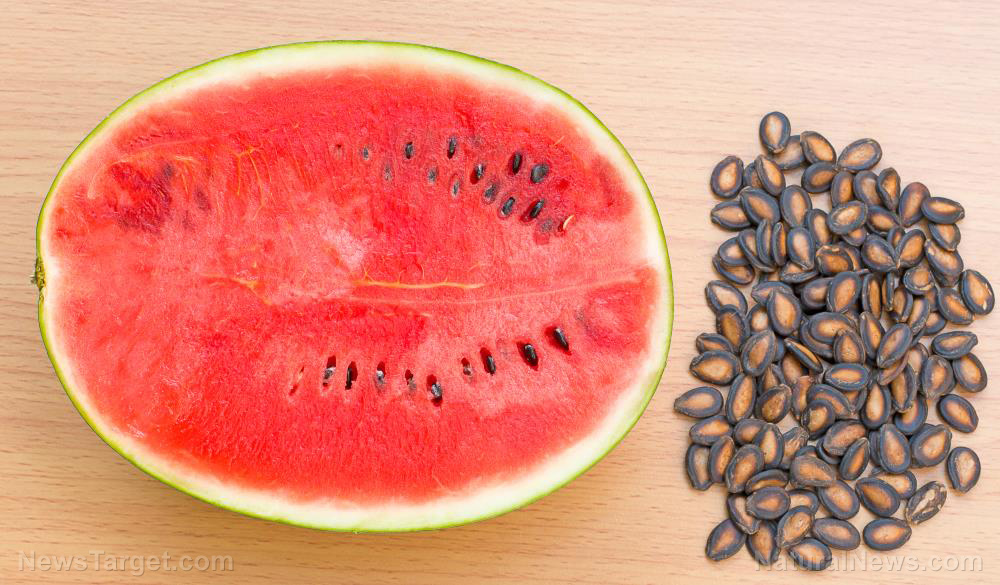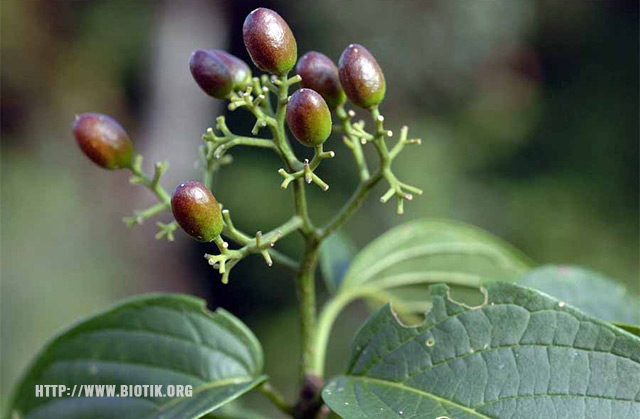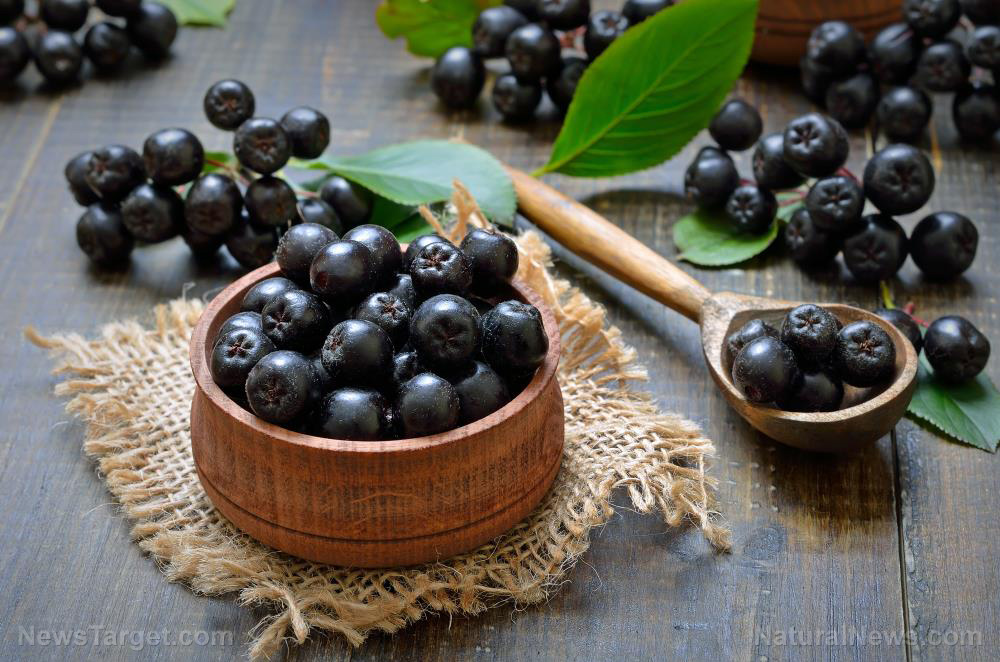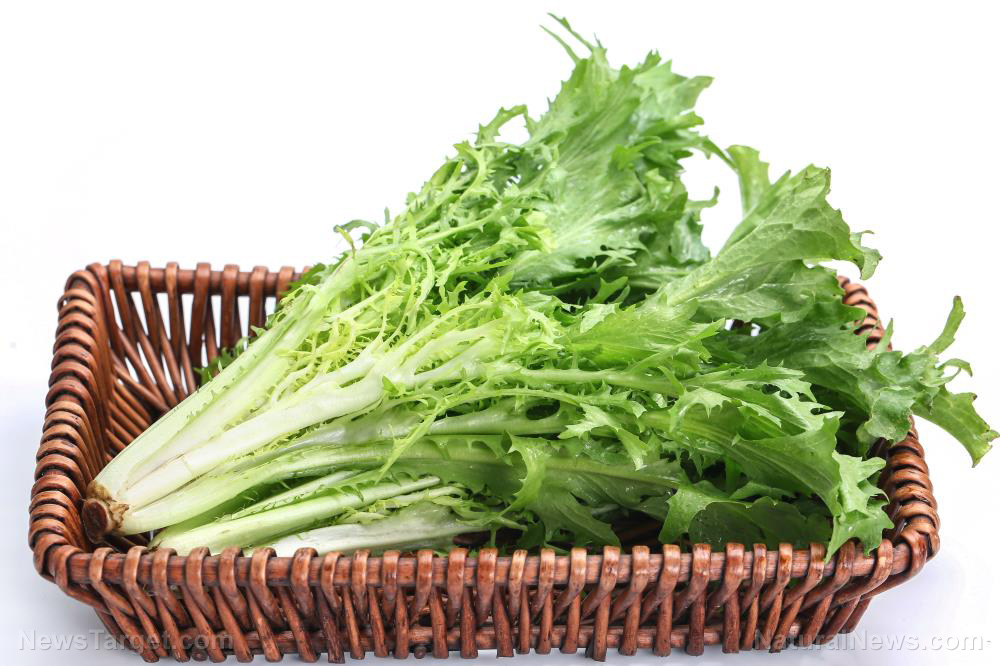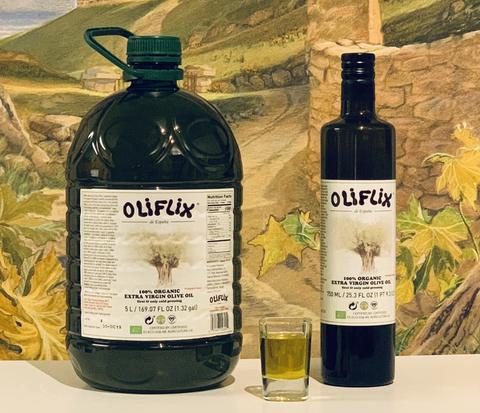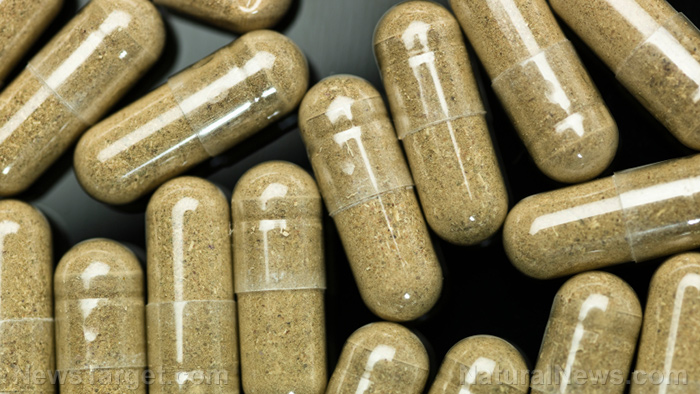A quick and easy guide to understanding antioxidants – and why you benefit from them
04/12/2019 / By Edsel Cook

Antioxidants protect cells and tissues from the harmful effects of toxic molecules called free radicals. In doing so, they help prevent the appearance of serious diseases that are connected to oxidation.
Free radicals are oxygen molecules that have been broken down into individual atoms with unpaired electrons. The lack of electrons causes them to freely move around the body, harming cells and DNA.
Many bodily processes produce free radicals as waste products. They are also produced by external factors such as a bad diet, exposure to air pollution and toxic chemicals, and unhealthy practices.
Normally, the body mitigates the effect of free radicals by repairing the damage they cause. However, excessive amounts can prove to be too much for the natural repair processes to handle.
Heavy concentrations of free radicals lead to oxidative stress. This eventually leads to diseases such as several types of cancer, diabetes, and heart disease.
Antioxidants neutralize free radicals by providing them with electrons. Their levels must be constantly replenished in order to maintain good health. While the body naturally produces some antioxidants, the majority comes from food. (Related: The top 7 anti-inflammatory foods to consider adding to your diet.)
The different kinds of antioxidants and their benefits
There are hundreds of known antioxidants. They range from familiar vitamins to less-known flavonoids and polyphenols. They also operate in different ways and parts of the body, as well as targeting certain free radicals.
Vitamin E dissolves in fat, while Vitamin C can be dissolved by water. Selenium is a mineral absorbed by growing plants from the ground. Beta-carotene, lycopene, and polyphenols are pigments that give plants their bright color. Omega-3 fatty acids like ALA, DHA, and EPA are good fatty acids that come from oily sources – fish oil for DHA and EPA, and certain plant oils for ALA.
There are numerous studies that tackle the health benefits of antioxidants. One of the latest research was conducted by the IMDEA Food Institute of Madrid, Spain in 2016.
The Spanish researchers found that consuming large amounts of fruits and vegetables can lower the chances of various diseases and health conditions such as cardiovascular disease, cancer, and cognitive problems. The plant-based chemicals in these foods are cited for demonstrating their antioxidant properties that help prevent diseases.
These foods will provide all the antioxidants needed for good health
Clove is considered to be the best source of natural antioxidants. Purple cabbage, on the other hand, is the most affordable option.
Kale is bursting with beta-carotene, vitamin C, and similar antioxidants. It also has large amounts of other vitamins and minerals.
If artichoke is on the menu due to its antioxidant content, eat the whole vegetable. The leaves are even healthier than the heart.
Oregano also offers anti-cancer benefits and can be easily grown in a small garden. Other antioxidant-rich spices include allspice, cilantro, and cinnamon.
Peppermint can be turned into a herbal tea. The resulting hot drink is both refreshing and will replenish antioxidant levels.
Among the various berries, blueberries boast the greatest amount of antioxidants. Goji berries give it a run for its money, but the exotic berries also cost way more.
Dehydrated apples, apricots, and plums have more antioxidants than their fresh equivalents. Pick unsweetened ones as the fruits are quite sugary already.
Cacao contains a lot of natural antioxidants. Since dark chocolate contains the most cacao and the least sugar, it is the healthiest choice.
A handful of pecans makes for a healthy and filling afternoon snack. Eating this tree nut also helps prevent heart disease.
Finally, most Americans get the majority of their antioxidants from coffee. Green tea and black tea are alternative sources of both antioxidants and caffeine.
Sources include:
Tagged Under: anti-diabetes, antioxidants, functional food, healthy food, hearth health, high antioxidant foods, natural antioxidants, nutrients, prevention, supplements



